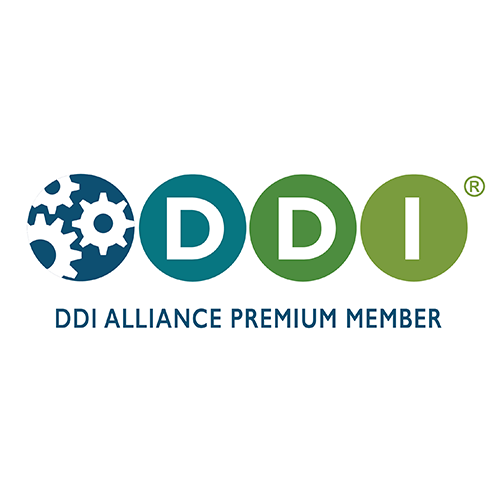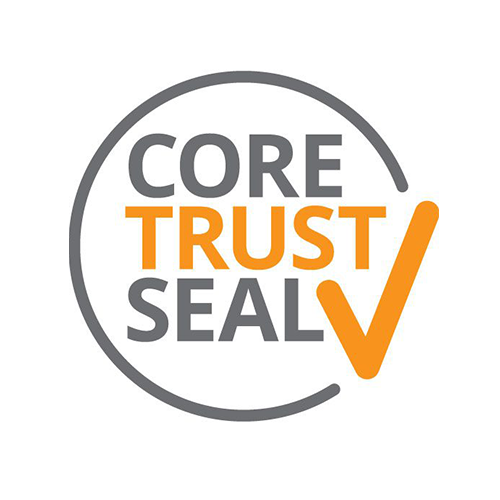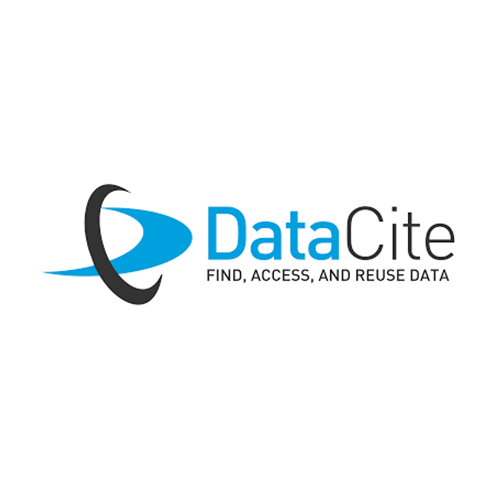Data & Reproduction Archive
Data & Reproduction Archive
The Cornell Center for Social Science (CCSS) houses a Data & Reproduction Archive started by the former Cornell Institute for Social and Economic Research (CISER) in 1982. This extensive data collection emphasizes labor, political and social behavior, demography, economics, and health. The collection includes federal and state census files, administrative records, public opinion surveys, economic and social data from national and international organizations, and studies compiled by individual researchers.
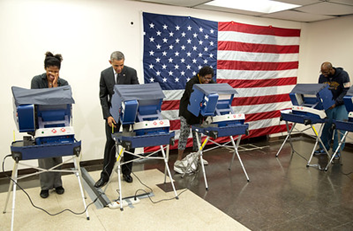
US Representative General – County & Congressional District Level Vote Data
2006-2010
This study contains files of election votes for the U.S. House of Representatives by State and County for each election year from 2006 to 2010. From Dave Leip, Atlas of U.S. Presidential Elections. These files were obtained from Dave Leip’s Atlas of U.S. Presidential Elections site for use by current faculty, staff, and students at Cornell University.
Learn more about this
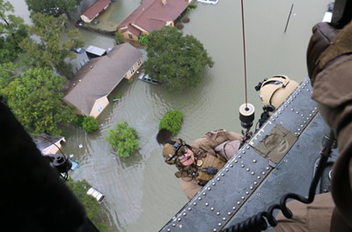
Replication Files for Government
Effectiveness and Institutions as Determinants of Tropical Cyclone Mortality
This Reproduction Package reproduces the results in the article of the same name by Elizabeth Tennant and Elisabeth A. Gilmore in Proceedings of the National Academy of Sciences of the United States of America. The reproduction materials are available to all researchers but may require access to otherwise restricted data.
Learn more about this
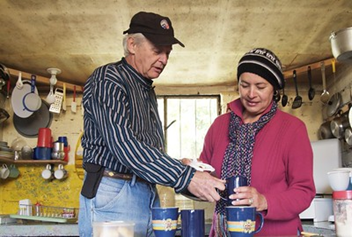
Couple-level Panel Data from the US Current Population Survey
1976-2020
A couple-level, longitudinal CPS database from 1976-onward with syntax files designed to link couples longitudinally in the CPS. They work from 1976-onwards but should work in the future as well. These materials were created by Cornell researchers and are available to all.
Learn more about this
The goals of the CCSS Data & Reproduction Archive are to make data available to researchers while at the same time making data more Findable, Accessible, Interoperable, and Reusable (See The FAIR Data Principles at https://www.force11.org/group/fairgroup/fairprinciples). Towards those goals, archive staff can help researchers appraise, deposit, publish, and make accessible both research and secondary social science data. We feature a searchable catalog for our archive, which has been certified by CoreTrustSeal, to maintain and preserve data and our Data Replication and Archiving Service,
Moreover, in conjunction with the CCCS Regulated Research Environment team, staff assist with acquiring and hosting restricted data in a secure computing environment for researchers and provide customized modes of access to meet restrictions required by data providers.
Additional and enhanced resources are provided through the CCSS Data & Reproduction Archive’s many local, national and international connections. We provide all people with active Cornell statuses access to the Inter-University Consortium for Political and Social Research (ICPSR), which houses an additional 14,000+ studies, and the Qualitative Data Repository (QDR). CCSS is an organizational member of the International Association for Social Science Information Service and Technology (IASSIST), Data Documentation Initiative (DDI), and Association of Public Data Users (APDU), and works closely with Cornell Population Center, Roper Center for Public Opinion Research, Cornell Center for Advanced Computing, and the Cornell Program on Applied Demographics.
As members of Cornell’s Data Services Group, we can assist in creating data management plans, help researchers find the best data storage options at Cornell and more. Across all these services, archive staff can support researchers with expertise in Library and Information Sciences and Social Sciences.




